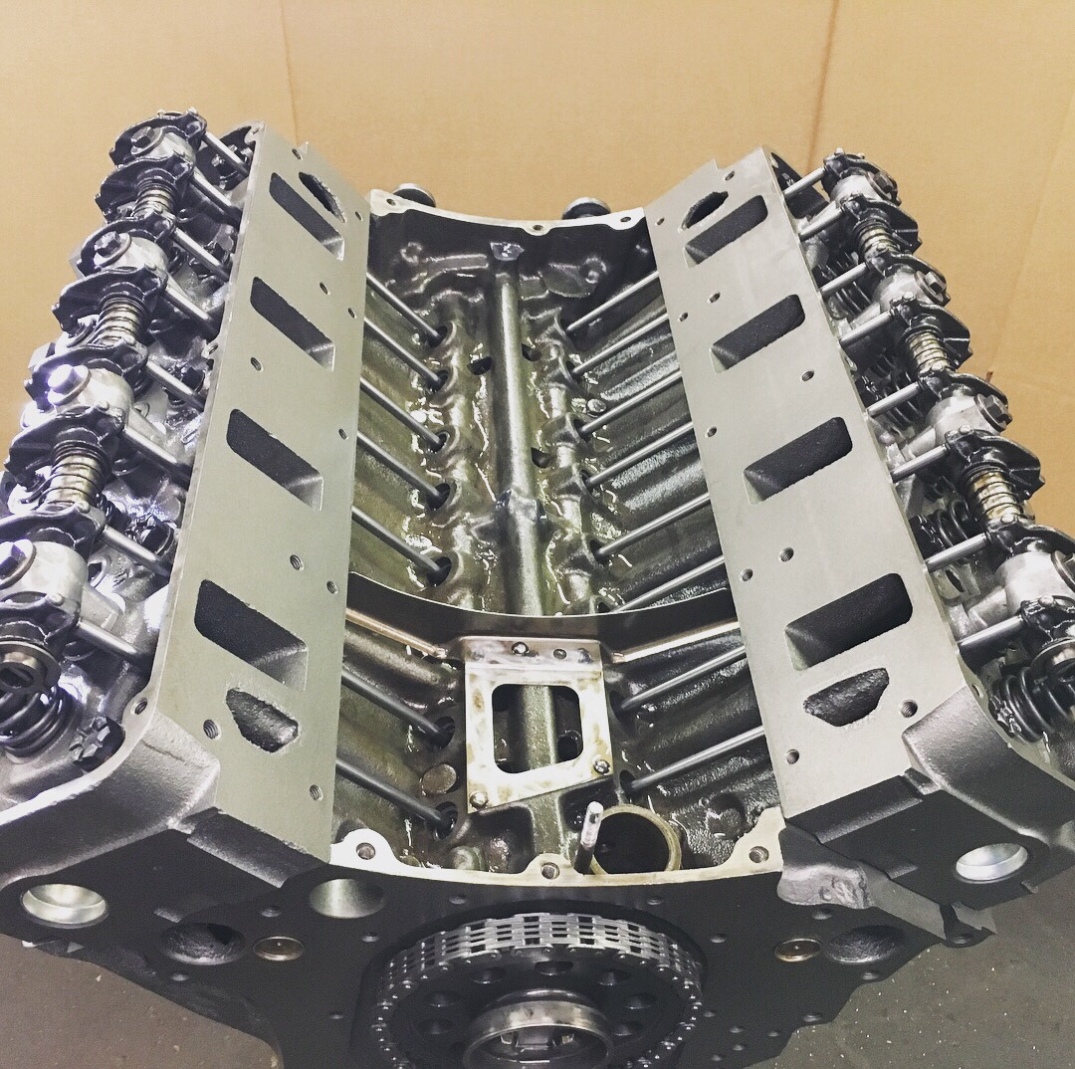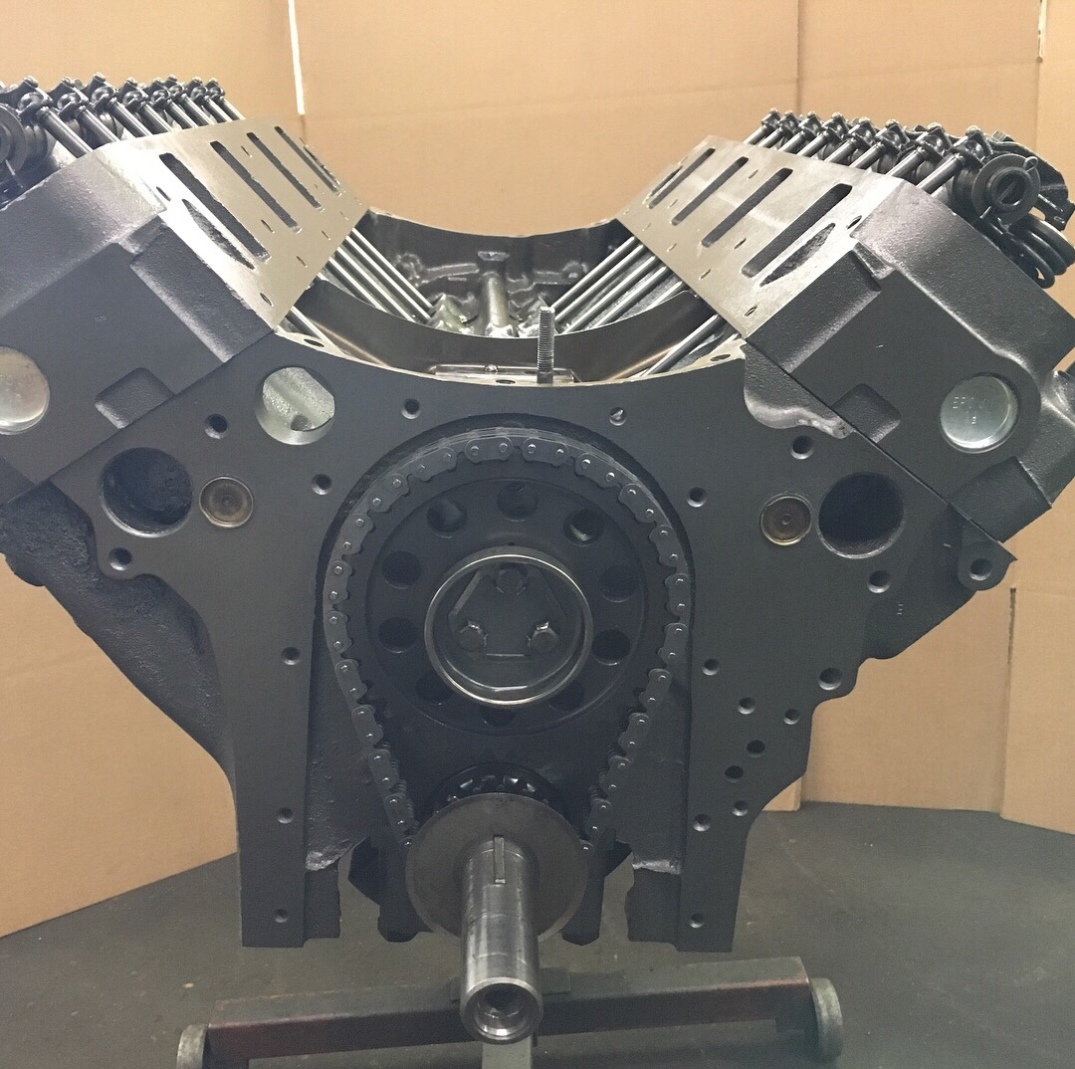Month: December 2017
Winter Weather Tips
Are you ready for winter weather?
How about your Engine?
 Not everyone incurs the same weather throughout the winter months, but its better to be safe than sorry. Barnettes Remanufactured Engines has a few tips to keep your engine and yourself prepared for the winter weather. Winter breakdowns are not fun and repairs can be expensive. Taking preventative measure can be not only life saving, but money saving too.
Not everyone incurs the same weather throughout the winter months, but its better to be safe than sorry. Barnettes Remanufactured Engines has a few tips to keep your engine and yourself prepared for the winter weather. Winter breakdowns are not fun and repairs can be expensive. Taking preventative measure can be not only life saving, but money saving too.
Winter weather tips for your engine:
- Check coolant levels
- A 50/50 mix of antifreeze and water is usually recommended. Antifreeze drops the freeze point of the engine significantly preventing the engine block from cracking
- Oil viscosity
- Oil becomes thicker with lower temperature. Make sure to have the proper viscosity oil noted by the manufacture for your region.
- Hoses & Belts
- check for worn belts and hose. Nobody want to be standed on the side of the road in freezing temperatures
- Allow the engine to warm-up
- After starting the vehicle allow the engine to idle for 30 seconds to 1 minute to allow the engine components to warm up.
- Fill up the gas tank
- A full gas tank prevents moisture from building up. For really cold climates consider adding a deicing agent to the tank to prevent ice from forming in the fuel lines
If you plan on storing your vehicle during the winter months her are a few storage tips:
- Fuel stabilizer
- Stabilizes the fuel and prevents corrosion
- Fill up the gas tank
- If the car sit for and extended period time, consider cleaning the fuel tank before jumping back on the road.
- Seal off exhaust pipes of intake
- Animals and little critters are also seeking shelter during the winter months. Don’t let them use your vehicle as a winter hotel!
General Winter vehicle tips:
- Have a “survival kit”
- Some items seem obvious like a blanket, flashlight, extra set of clothes, and an ice scraper, but consider keeping a small shovel, extra cell phone battery and some hard candy just in-case. Oil dry or a bag of kitty litter might not be a bad idea too. the items can be great for creating traction on ice roads or when a vehicle get stuck in the snow.
- Check all fluids
- Fill up the gas tank, washer fluid, oil and coolant
- Monitor tire pressure
- Tire pressure can change considerable with changing temperatures. Prevent uneven tire wear and possible tire blow out by maintaining the proper tire pressure.
- Tune up
- have your vehicle tuned-up and checked. Cold weather often magnifies small problems. Driveabilty problems often get worse with colder weather.
- Fill up your gas tank
- A full gas tank can obviously prevent you from being stranded, but it also helps prevent moisture from building up in the tank.
These are only suggestions provided by Barnettes Engines. Be sure to check your owners manual for specific manufacturer guidelines. Be sure to check our www.barnettesengines.com for any automotive machine shop need. Barnettes Engines build longblock engines, cylinder head and stocks internal engine part too!
Oldie but Goodie
1963 Lincoln Continental 430 engine. Freshly rebuilt with all new internals, this engine is completely remanufactured. Barnette’s Engines built this matching numbers engine for a local customer looking to bring his old Ford back to life.
#barnettesengines




Engine bolts–Toss or Re-use?
Engine bolts–Toss or Re-use?
For the most part, there are three different types of fasteners used when building an engine. Some bolts, screws and studs can be reused and some should ALWAYS be replaced. The question is…what makes the bolts different? When building an engine, finding the specific torque and torque sequence based on the application is the first step in ensure all fasteners are tighten securely.
Torque Only Fasteners
Most time externally threaded bolts, screws and studs can be reused unless otherwise stated by the service manual or manufacturer. A conventional torque wrench should do the trick on these types of bolts.
Torque with and Angle Fastener
Most fasteners that require and torque and angle tightening sequence can be re-used. The fastener is first torqued to a specified amount the and added angle tightening is added to secure the fastener. The angle sequence is an additional step that sometimes requires an additional wrench to prevent the fastener from rotating.
Torque-to-Yield Fasteners
Torque-to-yeild fasteners are vary similar to the previously listed torque with angle fasteners, however they can not be re-used. Once a torque-to-yield fastener is tightened it becomes distorted. If they are ever loosened (even right after installation) they must ALWAYS be replaced.
Contact Barnettes Remanufactured Engines for more information regarding engine specifications. 877-625-6878 or check us out at www.barnettesengines.com

